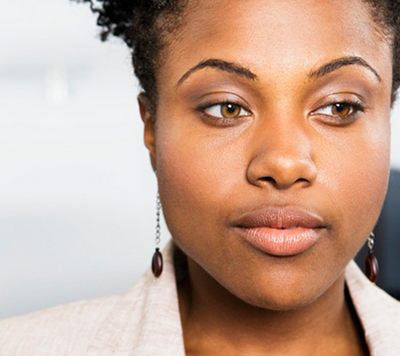The following interview was originally published at Ms. Magazine via the Femisphere, a profile interview series about feminists in the blogsphere. The series featured three Nigerian feminists, prompting my reflection on "internet lists" via the post, "What Does an African Feminist Look Like?" (and even a head-nod from Melissa Harris-Perry!).…
-
-
What Does an African Feminist Look Like? Ms. Magazine Features African Feminist Bloggers
The Femisphere is a blog series in the popular Ms. Magazine that highlights the many diverse corners of the feminist blogsphere. Their latest installment focuses on African feminism, and I'm honored to have been featured along with two other African feminists, Ms Afropolitan and Lesley Agams. But, given that we're…

